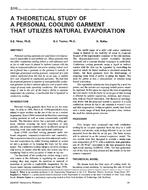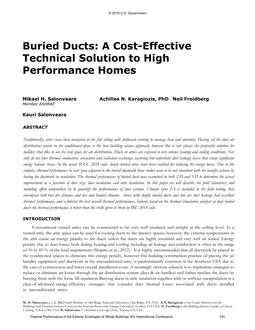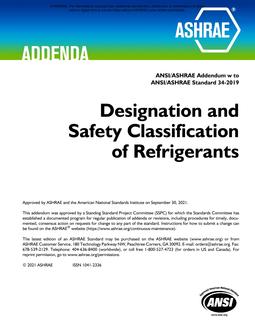The ASHRAE (1985) technique for estimating solar radiation amounts reaching a horizontal surface under average clear sky conditions was employed to estimate the direct, diffuse, and total adiation components at Dhahran, Saudi Arabia. Despite the extreme surface meteorological conditions associated with the coastal desert environment of Dhahran, the ASHRAE technique predicted the total radiation with a mean month-by-month error of only 6%. However, the equivalent errors in predicting the direct and diffuse components were high, at about 20% and 50%, respectively. A method was developed for specifically determining the ASHRAE model parameters: A, the apparent solar irradiation at zero airmass; B, the atmospheric extinction coefficient; and C, the diffuse radiation factor. This method was implemented for the personal computer environment to accept raw radiation data as input, screen these raw data to identify clear days, filter all bad or inconsistent data, and output daily and monthly A, B, and C results and related statistics. The resulting Julian Day polynomial expressions for A, B, and C at Dhahran predicted the total radiation with a mean month-by-month error of approximately 1%. Although the derived A, B, and C values are optimized to model the totalradiation, the errors in predicting the direct and diffuse radiation at Dhahran were both only 3%. This study was undertaken to provide the basic information needed to proceed with building design studies for the Dhahran environment.
Citation: ASHRAE Transactions, vol. 95, pt. 1, Chicago 1989
Product Details
- Published:
- 1989
- Number of Pages:
- 11
- File Size:
- 1 file , 1.3 MB
- Product Code(s):
- D-23558


